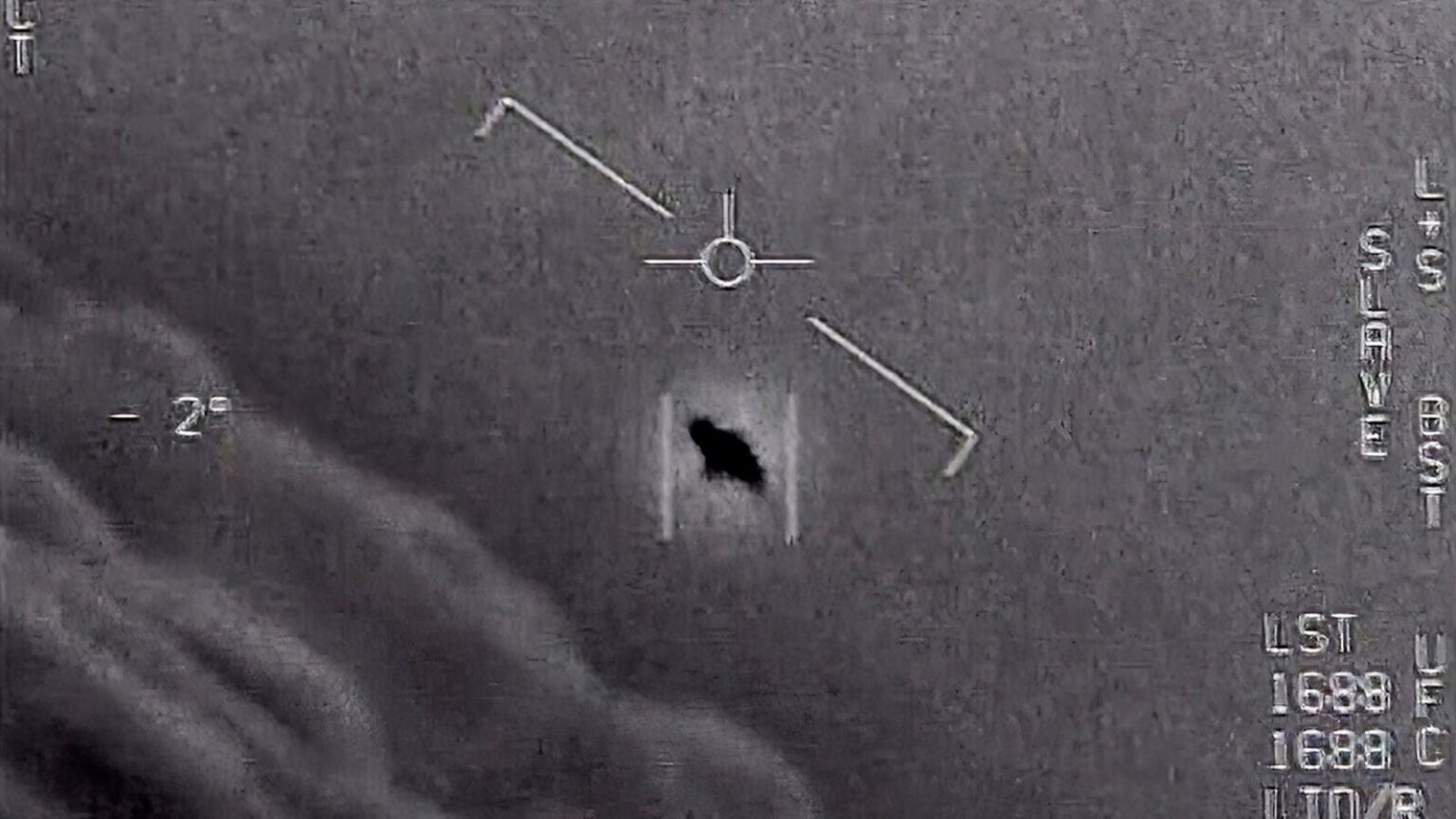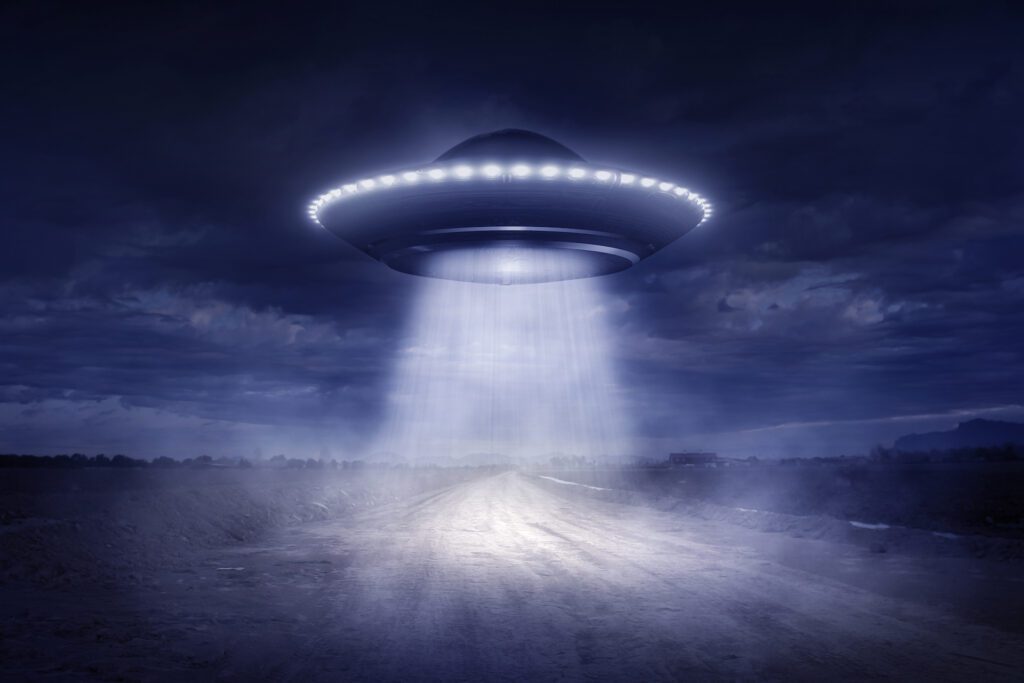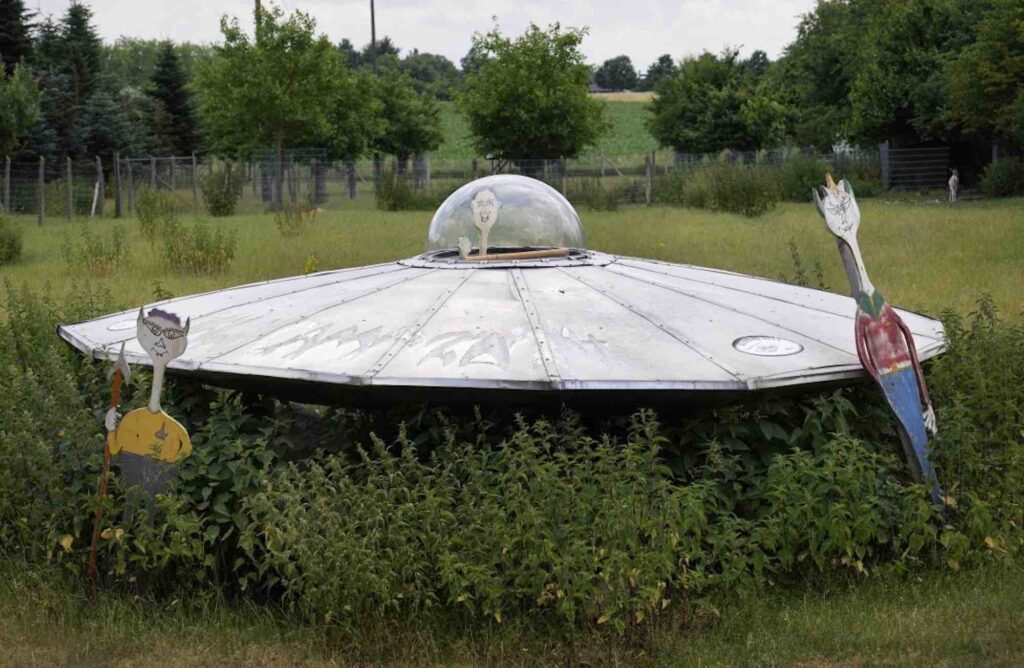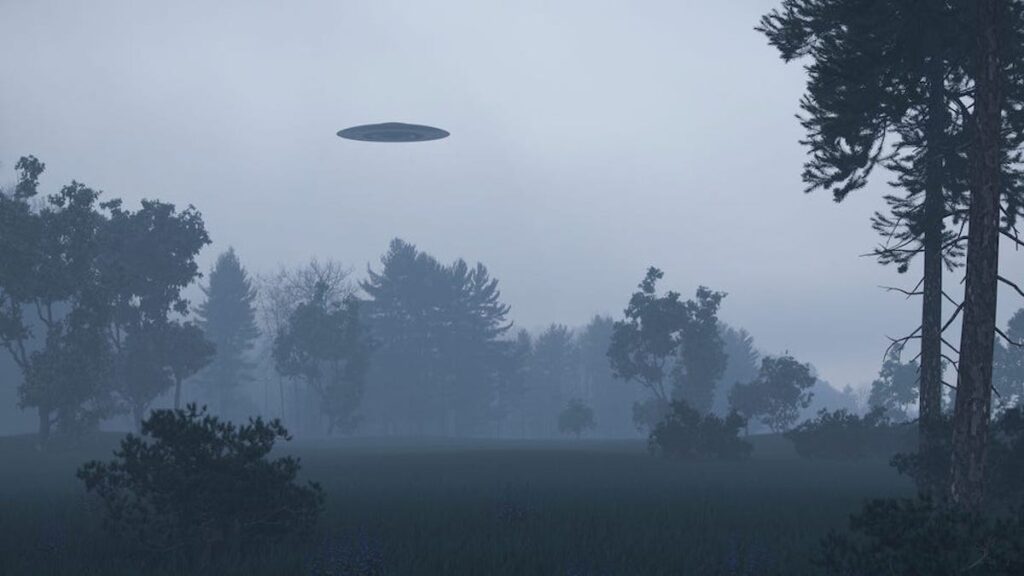
Just why is 2023 becoming the year of UFO sightings? Inside the newest pics
Have you ever cast a glance towards the heavens, wondering what could be out there beyond our Earthly confines? If so, you’re not alone. The fascination with celestial unknowns and mysterious phenomena—popularly known as Unidentified Flying Objects (UFOs) or officially, Unidentified Anomalous Phenomena (UAPs)—is not just limited to stargazers and sci-fi fans. Now, it’s even reached the grand hallways of the U.S. Senate.
Let’s take a look into these UFOs and see which sightings are the ones we have actually been waiting for.

Bipartisan quest
In a remarkable display of bipartisan collaboration, Democratic Senate Majority Leader Chuck Schumer and Republican Senator Mike Rounds have put forward a 64-page proposal. This isn’t your average political bill, though: It’s modeled after a 1992 U.S. law that forced transparency on records about the 1963 assassination of President John Kennedy.
The proposed measure will push the U.S. government to release decades’ worth of classified records on potential UFO sightings. And when it comes to such a cosmic question, party lines seem to blur into insignificance.
As part of larger defense legislation in Congress, Schumer and Rounds plan to introduce this measure, which would guarantee the fiscal authorization for the UFO-related disclosure from October 1 of this fiscal year onwards. Given Schumer’s influential standing among Democrats, his backing could be significant. Similarly, Rounds holds sway as part of the Senate’s Intelligence and Armed Services committees.

The Demand for Disclosure
In a society increasingly fascinated by the unexplained, the leaders insist on the public’s right to knowledge. The proposal isn’t just about indulging curiosity—it’s about accountability, the possibility of unknown technologies, and potentially non-human intelligence.
The measure demands that the U.S. National Archives and Records Administration assemble all UAP records from relevant government departments under a “presumption of immediate disclosure.” A review board would then need to justify any reasons for keeping documents classified.
Transparency is the goal, but so is credibility in the investigation or record-keeping related to UAPs. In essence, the bill is striving for clarity amidst a sea of secrets and speculations, with all records mandated to be fully disclosed within 25 years of their creation. Only a U.S. President’s certification of national security risks could justify a delay.
The measure goes beyond just disclosure—it addresses ownership too. The federal government would claim “eminent domain” over any unidentified recovered technologies or evidence of “non-human intelligence” currently controlled by private entities or individuals.
This isn’t the first time the subject has found traction in the Senate. The late Democratic Senator Harry Reid, former Senate Majority Leader from 2007 to 2015, was the first to champion the cause.

Changing Times and Open Minds
Historically, the U.S. government dismissed UFO sightings, but the last few years have seen a shift. A significant 2021 report catalogued numerous observations, many from U.S. Navy personnel, dating back to 2004. Agencies like the Pentagon and NASA have launched investigations and panels to explore UAPs. Despite some obstacles, such as poor data quality and societal stigma, the quest for answers presses on.
As the saying goes, the truth is out there. But will this legislative effort succeed in unveiling it? And when we finally have these documents in our hands, what mysteries will they reveal? Will they confirm our solitary existence in the universe, or hint at cosmic companions? What’s out there, anyway?







